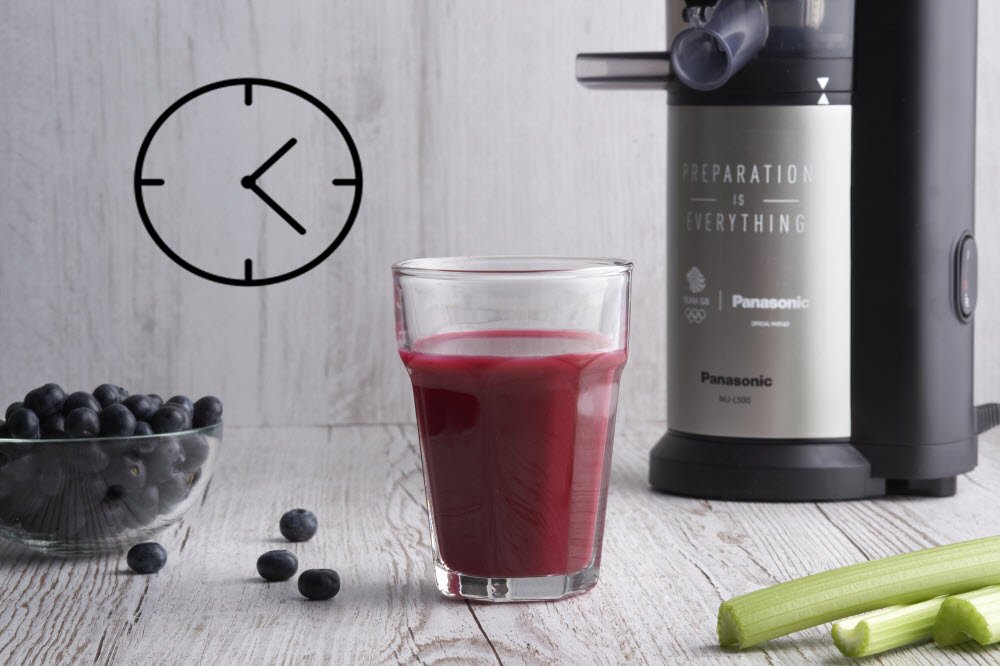Unlock Your Health Potential
Feeling overwhelmed by the endless parade of weight loss fads and restrictive diets? You’re not alone.
Embracing a healthier lifestyle can feel like climbing a mountain, especially when every other peak promises the “ultimate solution.”
But what if there was a simpler, more natural approach waiting just around the bend? Enter intermittent fasting (IF) – an effective way to boost your well-being, shed unwanted pounds, and reclaim control over your health.
Breaking Down the Basics:
IF is all about flexibility. Imagine dividing your day into eating and fasting windows. Popular beginner methods like the 12:12 allow you to eat within a comfortable 12-hour window (think 8 am to 8 pm) and fast for the remaining 12 hours.
Other options like the 16:8 method extend the fasting window to 16 hours, further amplifying potential benefits.
Feeling particuarly adventurous? The Eat-Stop-Eat method incorporates one or two 24-hour fasting periods into your weekly routine. The beauty lies in choosing a method that fits your lifestyle and preferences, not forcing yourself into rigid, unsustainable programs.
Fueling Your Body Wisely:
Contrary to popular misconceptions, IF isn’t about starving yourself. During your eating window, focus on nourishing your body with whole, unprocessed foods like fruits, vegetables, whole grains, and lean protein.
These choices provide sustained energy, essential nutrients, and fiber, keeping you feeling satiated and preventing cravings.
Remember, you’re not a calorie-counting robot – listen to your hunger cues and eat until you’re comfortably satisfied. And don’t forget about hydration! Water is your best friend throughout the day, especially during fasting windows.
Conquering Common Challenges:
Headaches, fatigue, and cravings are normal bumps on the road to fasting success. These are simply your body’s way of adjusting to the new routine. Combat headaches with natural remedies like ginger tea or acupressure.
Gentle exercise like walking or yoga can help combat fatigue, while prioritizing quality sleep is crucial for optimal energy levels. Feeling the temptation to snack?
Stay occupied, drink water, and keep healthy snacks readily available during your eating window. Remember, these challenges are temporary; they often dissipate within a few days or weeks as your body adapts.
Building a Sustainable Routine:
Slow and steady wins the race, especially when it comes to lifestyle changes. Start with small, achievable steps, like gradually increasing your fasting window by 1 hour each week.
Listen to your body’s signals; if you experience intense hunger or discomfort, don’t hesitate to break your fast. The key is finding a sustainable approach that you can comfortably integrate into your life, not aiming for quick fixes that leave you feeling deprived and depleted.
Celebrating Every Victory:
This journey isn’t just about the numbers on the scale. Celebrate non-scale victories along the way! Increased energy levels, improved sleep quality, better digestion, and a clearer mind are all worth applauding.
Acknowledge the positive changes you experience, both physical and mental. Remember, every step you take, every day you choose to nourish your body and prioritize your well-being, is a victory in itself. Be kind to yourself, embrace the small wins, and focus on cultivating a healthy relationship with food and your body.
Your Personalized Transformation Awaits:
Intermittent fasting isn’t a one-size-fits-all prescription. It’s an invitation to explore, experiment, and discover what works best for you. As you navigate this journey, remember these key points:
- Listen to your body: It’s your personal compass. Adjust your fasting schedule, meal plans, and exercise routine based on its unique needs and rhythms.
- Embrace curiosity: Read, learn, and ask questions. Explore different fasting methods, understand the science behind it, and connect with others on similar paths.
- Celebrate small victories: Every step counts, so acknowledge and celebrate non-scale victories alongside physical changes.
- Prioritize self-compassion: There will be bumps and slip-ups. Forgive yourself, learn from them, and recommit to your journey.
- Find joy in the process: Let healthy eating, movement, and self-discovery bring you joy, making this a journey of well-being, not just a means to an end.
Intermittent fasting isn’t a magic bullet, but it can be a powerful tool for unlocking your health potential. Remember, you are the architect of your well-being. Embrace the power within, take the first step today, and watch your body and mind blossom into their healthiest, happiest versions.

Intermittent Fasting FAQs: Your Questions Answered
What is intermittent fasting (IF)?
IF is an eating pattern that cycles between periods of eating and fasting. It doesn’t dictate what you eat, but rather when you eat it. Popular methods include 16:8 (fasting for 16 hours, eating within 8), 12:12, and Eat-Stop-Eat (fasting for 24 hours once or twice a week).
Is IF safe for everyone?
Consult your doctor before starting IF if you have any underlying health conditions like diabetes, are pregnant or breastfeeding, or have a history of eating disorders.
Will I lose weight with IF?
Yes, IF can be effective for weight loss, but it’s not a guaranteed quick fix. Focus on healthy eating during your eating window and combine IF with exercise for optimal results.
What if I get hungry during my fast?
It’s normal to feel hungry initially. Drink plenty of water, stay occupied, and have healthy snacks readily available for the end of your fast. The hunger usually subsides within a few days as your body adjusts.
Can I drink coffee or tea during my fast?
Unsweetened black coffee and tea are usually okay during your fasting window. Avoid sugary drinks and milk-based beverages, as they can break your fast.
What should I eat during my eating window?
Focus on whole, unprocessed foods like fruits, vegetables, whole grains, and lean protein. Avoid processed foods, sugary drinks, and unhealthy fats.
Will IF mess up my metabolism?
Studies suggest that IF can actually improve your metabolism in the long run. However, listen to your body and adjust your fasting window if you experience negative changes.
Can I exercise while fasting?
Yes, gentle exercise like walking or yoga is usually fine during your fast. Avoid strenuous workouts, especially when starting IF.
What are the benefits of IF beyond weight loss?
Potential benefits include improved blood sugar control, reduced inflammation, increased energy levels, and better sleep quality.
Will I gain the weight back after stopping IF?
If you return to your old eating habits, you may regain weight. Focus on creating sustainable healthy habits you can maintain long-term to prevent this.
Where can I find more information and support for IF?
Talk to your doctor or a registered dietitian. Check out reliable online resources and join online communities or groups dedicated to IF.
Remember, IF is a personal journey. Listen to your body, experiment to find what works for you, and prioritize your overall health and well-being.
Click here for more on intermttent fasting including my own personal experiences on this journey.


